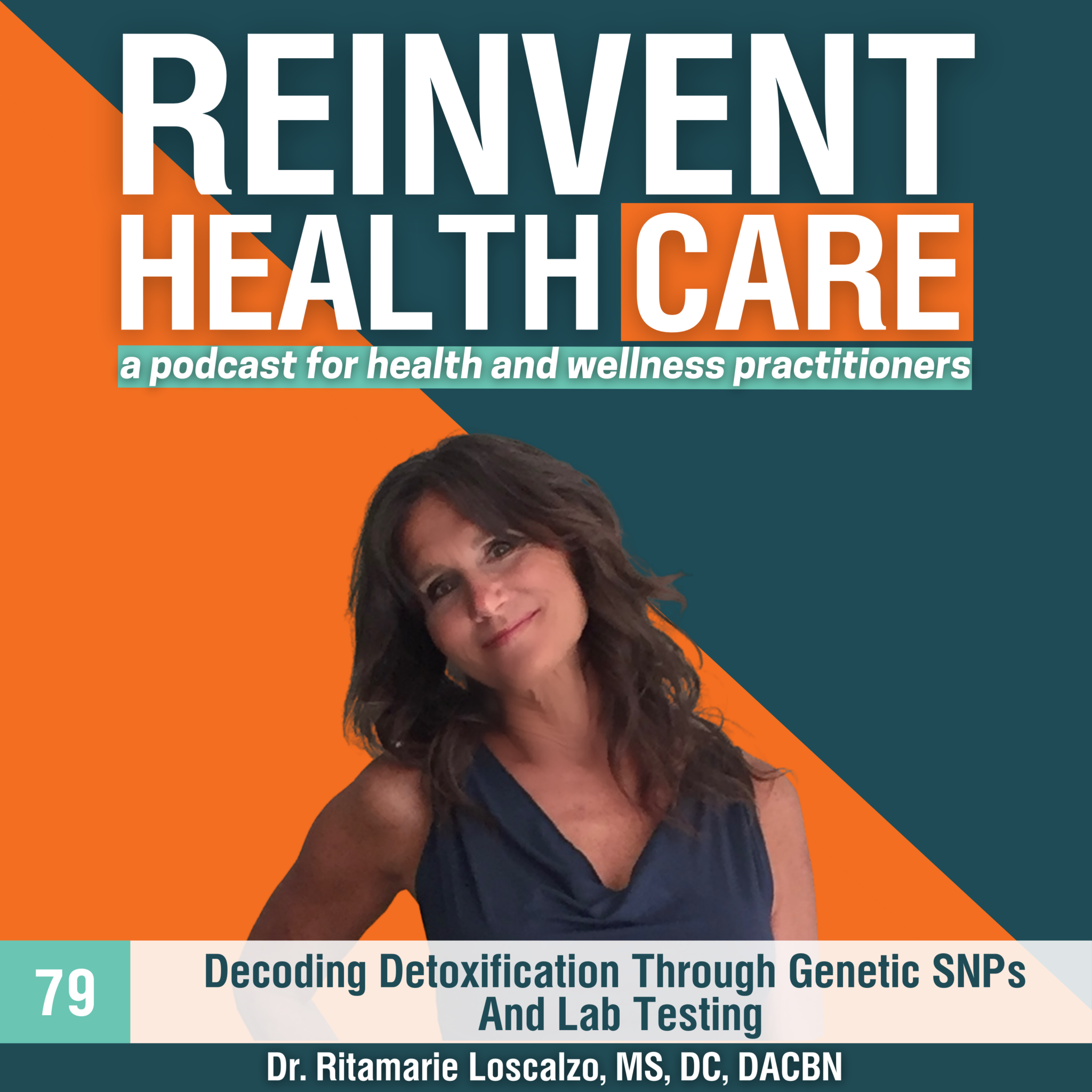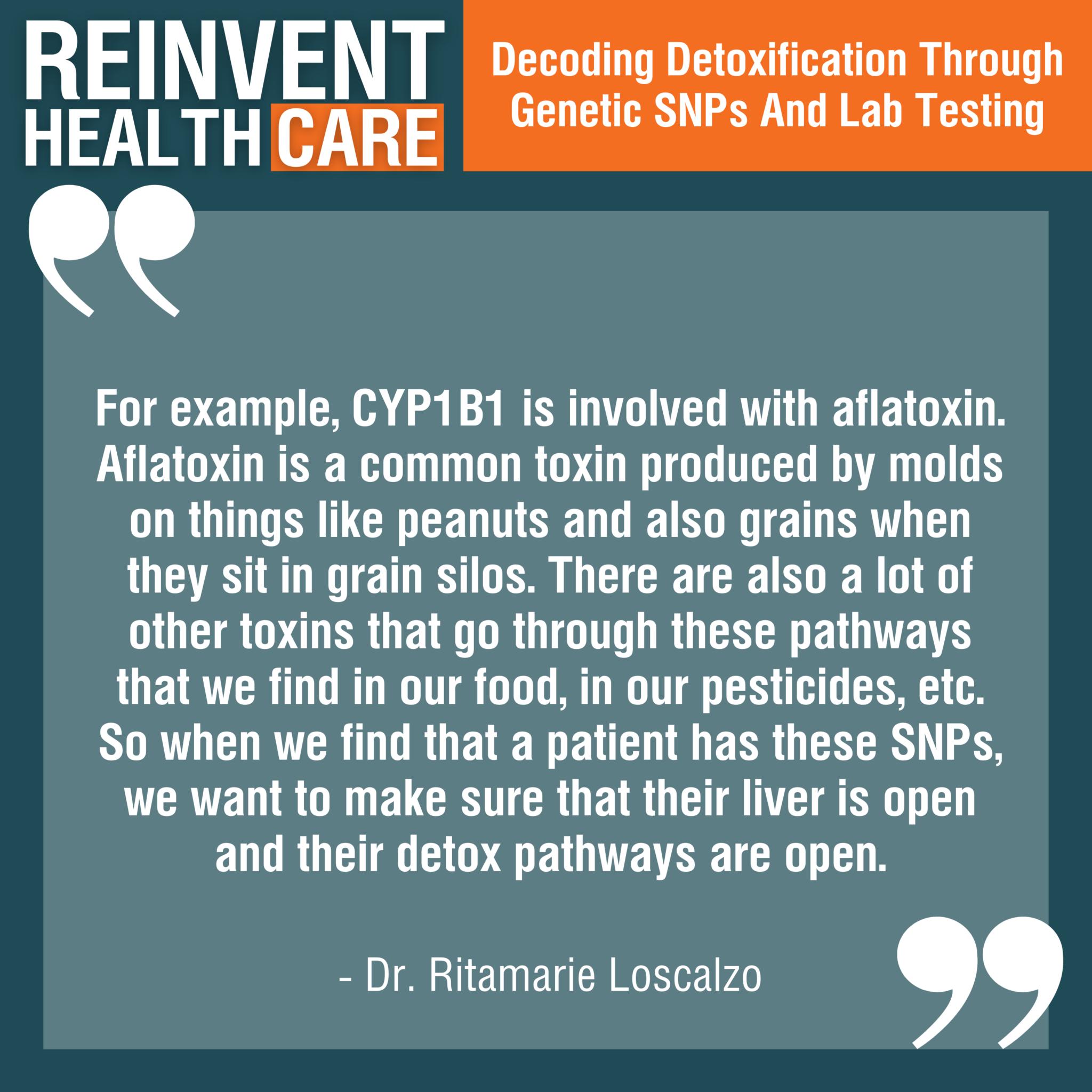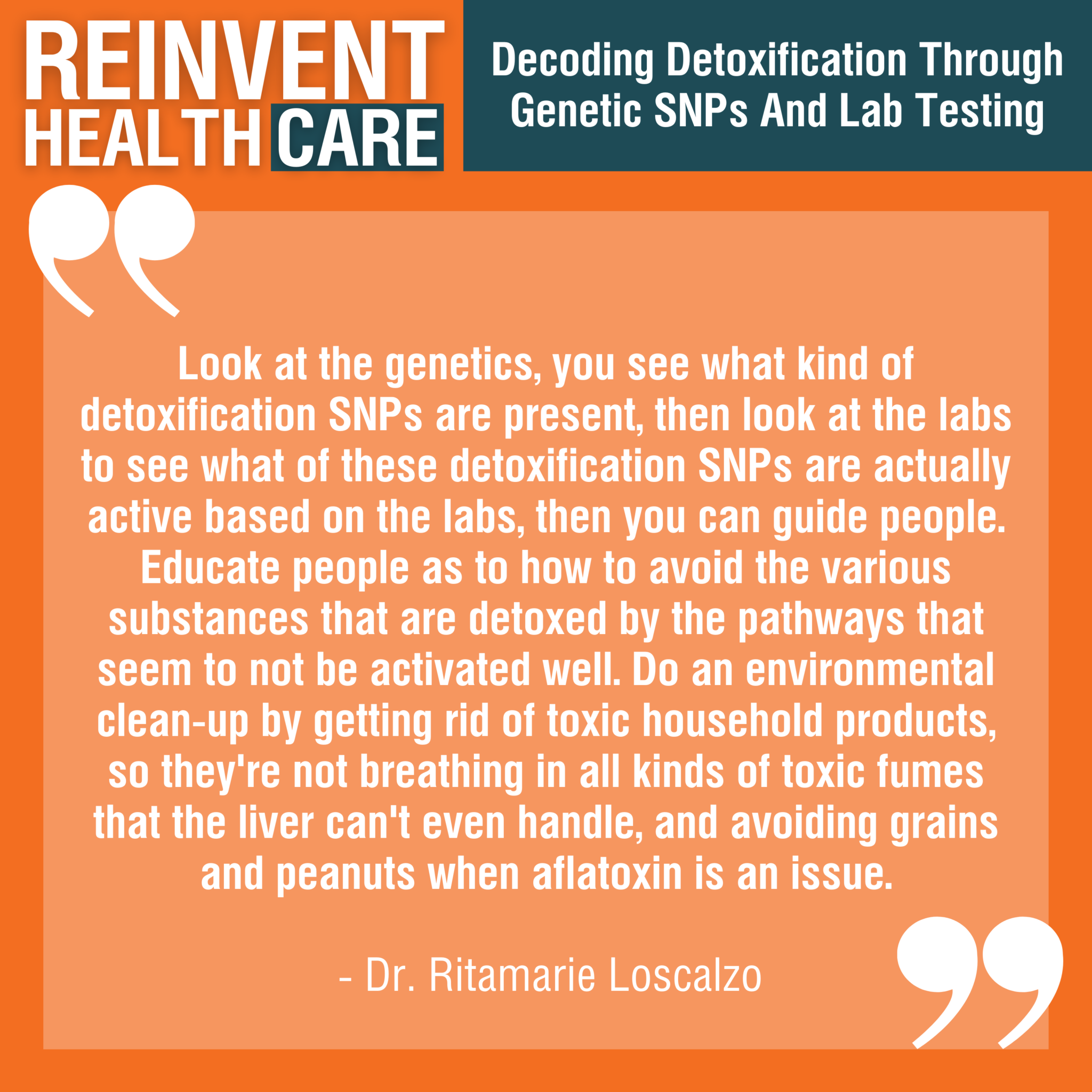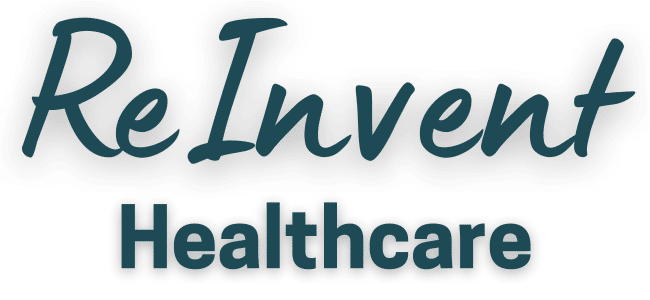Decoding Detoxification Through Genetic SNPs And Lab Testing

IN THIS EPISODE:
Defining Detoxification Pathways
Detoxification is a critical function, especially in today’s world filled with environmental toxins, pesticides, and pollutants. The liver plays a crucial role in detoxification, and there are two phases of detoxification – Phase 1 and Phase 2. Understanding genetic SNPs (single nucleotide polymorphisms) and their role in the body’s detox pathways give us valuable insights into individual variations and susceptibilities.
Some Detoxification SNPs – There are several genetic SNPs related to detoxification pathways, such as CYP1A1, CYP1A2, CYP1B1, CYP3A4, CYP2C9, and others. These SNPs influence the detoxification of environmental toxins, caffeine, estrogen, prescription drugs, aflatoxin, and more. Understanding these SNPs allows us to identify potential imbalances in detox pathways and helps us make informed decisions for personalized wellness strategies.
Importance of Testing
Testing is essential to determine whether the detoxification SNPs are active and causing imbalances in the detox pathways. Organic acid tests and blood tests, such as liver function tests and methylation markers, can help identify potential issues. By combining genetic information with lab testing, we gain a comprehensive view of a person’s detoxification capabilities. Understanding genetic SNPs and lab results helps us guide patients toward avoiding toxic exposures, environmental pollutants, and food additives that may burden their detox pathways.
How To Support Detoxification
Once genetic SNPs and active detox pathways are identified, our clients can be educated on avoiding toxic substances and making lifestyle changes. These changes may include using non-toxic household products, choosing organic food, avoiding food additives, and reducing exposure to common allergens. Additionally, incorporating certain detox-supporting herbs like artichoke leaf, burdock root, dandelion, and Hawthorn berry can be beneficial.
References:
- Get our FREE Guide to Taking a Detailed Health History that gets you to root causes
- Access Additional Resources for Practitioners ready to improve clinical outcomes through our Nutritional Endocrinology Practitioner Training.
- Check out our other episodes about Functional Food Facts here.








